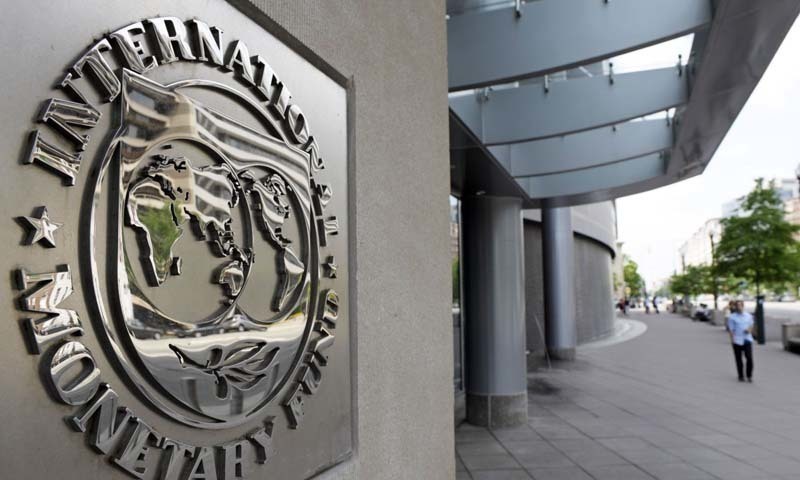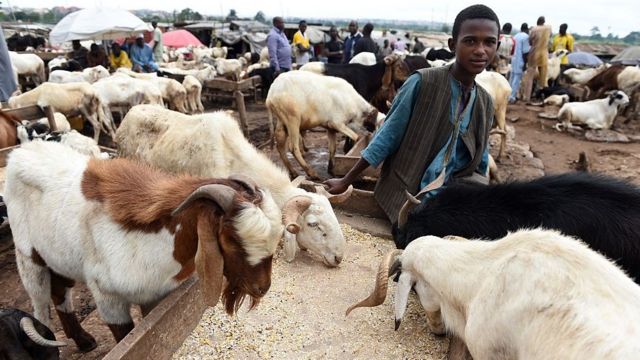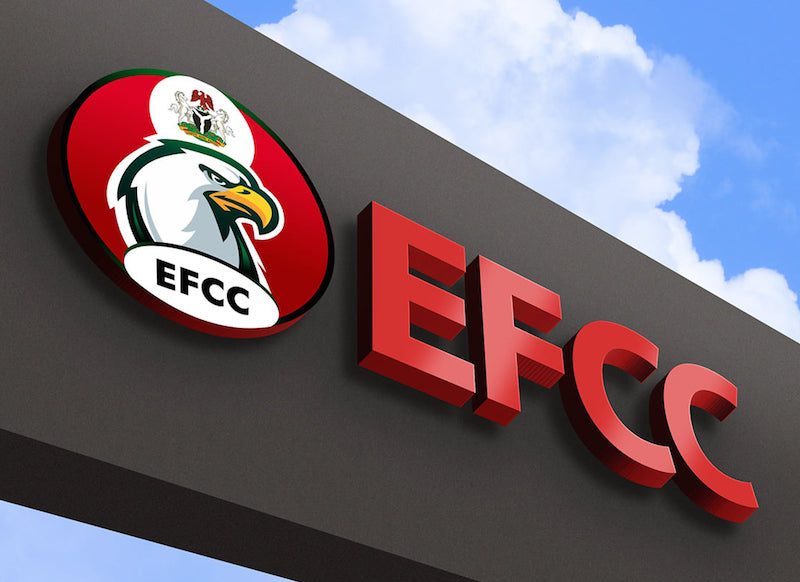Rising food prices, according to the International Monetary Fund, are the main source of inflation in Nigeria and other Sub-Saharan African countries.
Inflation is rising around the world, according to the agency, but food, which accounts for nearly 40% of the SSA’s consumption basket, is a major determinant of inflation.
In a blogpost on Monday, the IMF said, “Food inflation increased throughout 2019, on average, across 25 countries in the region where monthly food price data are available.
“After remaining stable around seven to eight per cent (year over year) since the beginning of the pandemic, food inflation started to rise again from April this year to some 10 per cent in October. The chart shows how food inflation is outpacing and contributing to the pick-up in overall consumer price inflation in sub-Saharan Africa, which rose to about eight per cent in October, up from around five per cent in 2019.”
Food inflation increased throughout 2019, on average, across 25 countries in the region where monthly food price statistics are available,” the IMF wrote in a blog post on Monday.
According to the IMF, rising oil prices (which raise fertilizer prices and transportation costs), droughts, and export limits imposed by certain major food exporters, as well as stockpiling in other nations, are all contributing to recent increases in food inflation.
The body said, “In addition, pandemic containment measures disrupted production and imports of seeds and fertilisers and caused labour shortages during planting seasons.
“Importantly, there is diversity across the region—food inflation in Chad is near zero but around 30 per cent in Angola. This suggests that domestic factors such as weather and exchange rates are important contributors to food inflation in sub-Saharan African countries.”
Food inflation and consumer price index inflation may be lowered if commodity prices fell and pandemic-related global supply chain disruptions were resolved, according to the IMF.
On average, according to the IMF, inflation will climb in 2021 before falling in 2022, depending on commodity prices and the resolution of supply-demand mismatches.
Higher food inflation, according to the international fund agency, would exacerbate the situation for nations already experiencing food insecurity and shortages, and would disproportionately affect poor households.
“The number of undernourished persons in the region is predicted to have increased by 20% in 2020, including 264 million people,” according to the IMF.
“Fighting food insecurity through targeted social assistance and insurance can help populations cope. Avoiding trade barriers and improving access to finance, seed stocks, insecticide, fertilizer, anti-erosion measures, and irrigation are also important.”















